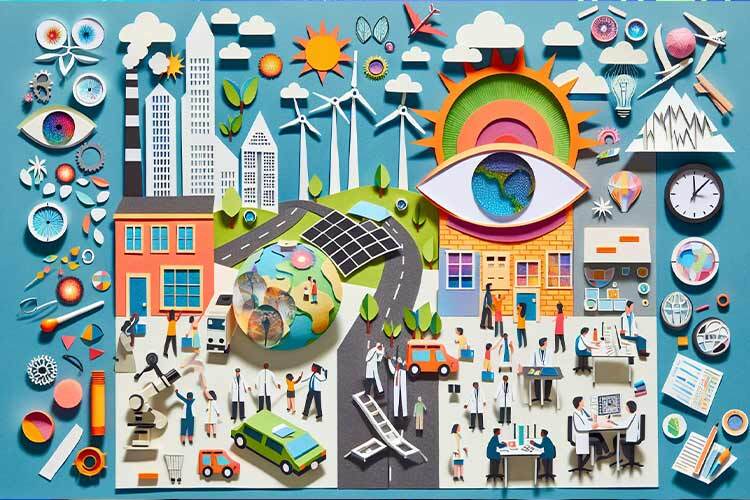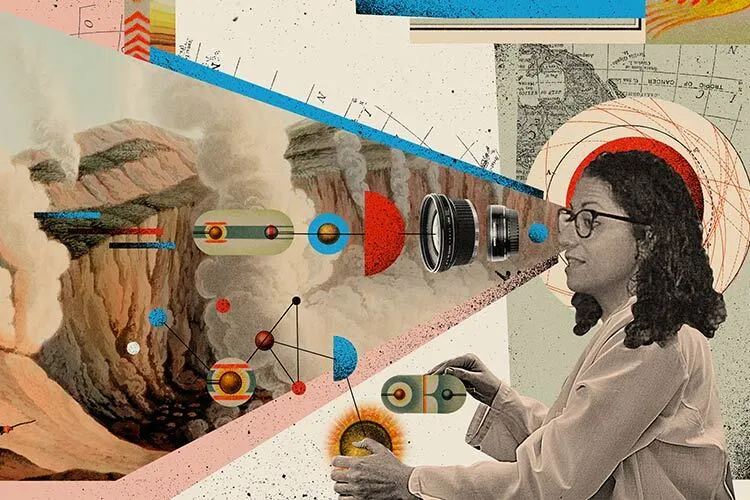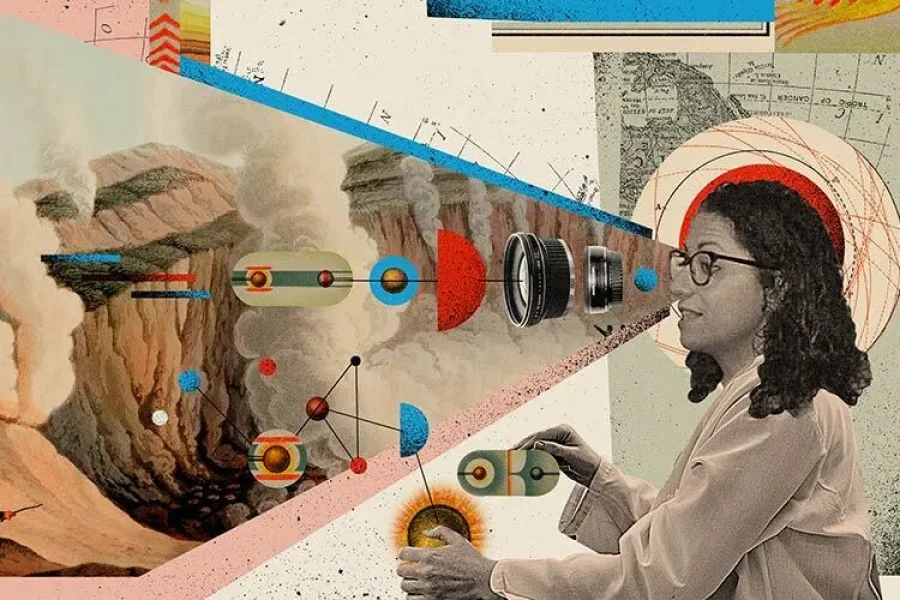Industry-university collaboration is fundamental to technological development, scientific progress, and economic growth. This synergy works both ways by enabling the formation of highly qualified professionals, progress in research, the development of innovative technologies, knowledge transfer, and the promotion of scientific and technological entrepreneurship.
At Tec de Monterrey, we have set up an outreach model with the industrial sector, including the following strategies which provide us with benefits that have an impact on various aspects of society.
1. Specialized training courses tailor-made to industry needs: academic programs such as the Tec21 model have been adapted to meet the demands of the labor market. The industrial sector provides up-to-date information on required skills and competencies, thereby ensuring that graduates are better prepared to meet professional challenges and emerging technology trends.
2. Driving research and technological development: scientific cooperation fosters joint research in areas of mutual interest. Industry identifies real problems that require innovative solutions while the Tec contributes its research experience and resources to take on these challenges. At the Institute of Advanced Materials for Sustainable Manufacturing, for example, we collaborate on important business challenges involving the development of new materials, the efficient use of energy, reduction of emissions, optimization of water use, waste management, and the streamlining of manufacturing processes to make them more sustainable.
3. Encouraging technology and knowledge transfer: universities develop technologies and discoveries that may have commercial applications, which industry can use to its advantage to improve its processes or develop new products and services, such as when the Tec ceded the rights to a number of patents to the industrial sector.
4. Stimulating scientific and technological entrepreneurship: researchers and students with innovative ideas can receive support, mentoring, and resources to turn their discoveries into successful business ventures. These startups have the potential to create jobs, drive the economy, and help solve social and environmental challenges. The Tec currently promotes several scientific-technological entrepreneurship programs.
5. Strengthening industrial competitiveness: companies that collaborate with Tec de Monterrey have access to specialized knowledge and cutting-edge technologies. This gives them a competitive edge in the marketplace by enabling them to innovate faster and offer better solutions. For example, they gain access to our Core Labs in the fields of artificial intelligence, data science, and additive manufacturing.
6. Making a contribution to regional and national development: the creation of joint research centers, technology parks, and company-university collaborations stimulate regional economic growth and job creation. Furthermore, technological progress drives the development of strategic sectors and stimulates the country’s global competitiveness. Tecnológico de Monterrey drives this development through its innovation districts on its Monterrey and Mexico City campuses.
Industry-university outreach is essential to technological development, specialized
training, research, and the promotion of scientific-technological entrepreneurship. This
collaboration strengthens the competitiveness of companies, drives innovation, promotes
economic growth, and solves social and environmental problems.
It is vital that governments, academic institutions, and businesses should work together to
foster and support this collaboration, thereby ensuring a prosperous and sustainable
future for society as a whole.
















